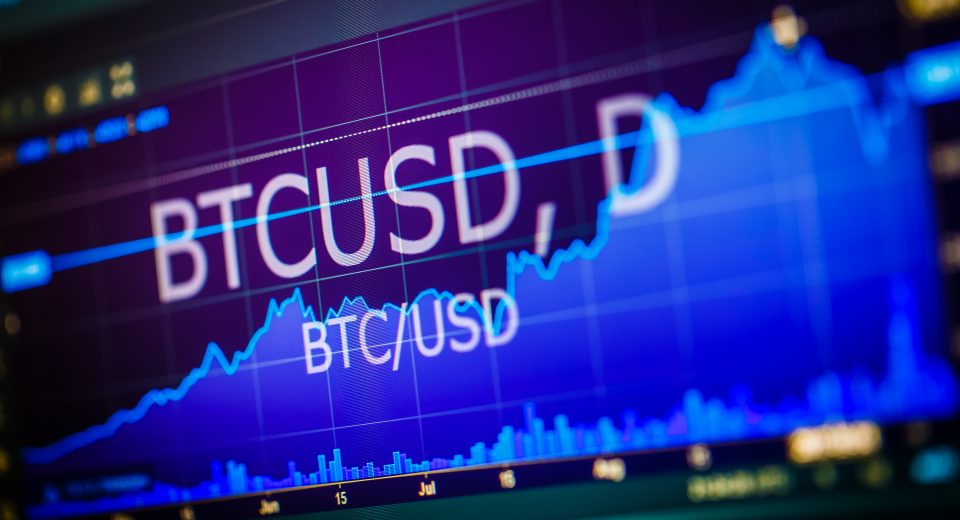10 Things to Remember when Trading Cryptos

Unlike traditional forex trading, the volatility of the cryptocurrency market is driven by unique factors, such as media attention, government regulations, mainstream adoption and the requirement of security measures. So, while trading cryptos can be highly rewarding, you also require adequate knowledge of the market before jumping in. As Benjamin Franklin once said, “By failing to prepare, you are preparing to fail.”
Here are 10 things to keep in mind when trading cryptos.
1. Secure the tools of your trade
Ensure that your computer software is updated and that you schedule anti-virus scans routinely. It is recommended that you set distinct and strong passwords for different accounts. Also, never share your private keys to cryptocurrency wallets with anyone.
2. Educate yourself
It is important to understand the trading lingo and technical indicators involved. Learn to read and to analyse charts. You must also familiarise yourself with the tax implications of trading in cryptocurrencies.
3. Trade as per your capacity
Make sure that you don’t go overboard with the investment. It is better to cover your bases and set a limit on the assets you are willing to part with for trading. This will save you from blowing your entire account balance if there’s a market dip. As they say quite often in the financial markets, “trade what you can afford to lose.”
4. Stay updated
Keep up with the latest news on cryptos from around the world. This will give you a considerable advantage when making trading decisions. For this, you can also subscribe to high-quality news sources. Another way is to follow crypto influencers, such as @VitalikButerin, @ErikVoorhees, @SatoshiLite and others.
5. Consider diversifying your investments
Rather than putting all your eggs in one basket, it’s best to split your money across different cryptocurrencies. This will allow you to reap the benefits from the overall growth in trading, while minimising your losses in case of a dip in the any one digital currency.
6. Don’t act on your FOMO
It is natural to fear missing out on the profits when a particular alt coin is doing well. But do not base your decisions on FOMO alone. Act with your mind and keep emotions aside in trading.
7. Let the losses make you a better trader
Your success as a trader will be determined by how you take your losses. Learn from your experiences and apply the acquired knowledge in the next trade. Make sure you do not invest a larger amount just to recover your losses.
8. Set a limit on the losses
Sitting on a crypto until it turns profitable might not be the best strategy. Set a base, beyond which you won’t allow yourself to suffer a loss and cash out if you hit that level.
9. Be prepared to revisit your strategy
Set a strategy, know your reasons and the duration for which you want to invest. Remember that cryptos are volatile. If you adopt flexibility in your approach, you will be able to easily alter your strategy to make the most of the changing market conditions.
10. Stay away from scams
Don’t believe anyone trying to sell you magic beans. Check the authenticity, understand how the alt coin works and its future viability, and only then invest in the digital currency.
To conclude, the most important thing is to start small and gradually increase your exposure, as you learn and familiarise yourself with this still-nascent market. One way to make the most of volatility is to trade CFDs, which allow you to trade both rising and falling prices. This is why Blackwell Global has launched one of the largest crypto CFD offerings in the world, allowing its clients to trade in 15 different crypto pairs.
Disclaimer
Trading leveraged products involves a high level of risk. 71% of retail investor accounts lose money when trading CFDs with Blackwell Global Investments (UK). You should consider whether you understand how CFDs work and whether you can afford to take the high risk of losing your money.




